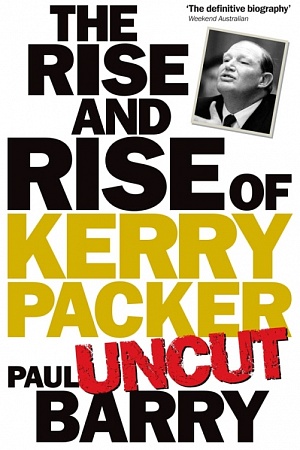That's The Way It Is: A History of Television News in America
University of Chicago Press (Footprint), $66 hb, 352 pp, 9780226472454
That's The Way It Is: A History of Television News in America by Charles L. Ponce de Leon
The notion of a golden age of television news followed by a relentless decline in standards and values is challenged by Charles L. Ponce de Leon, who argues that television news has always catered to public preferences. Ponce de Leon gives a solid overview and interpretation of the half century or so in which television news was the dominant information medium for Americans. He covers major events that have changed television journalism: the McCarthy hearings, Vietnam, Watergate, assassinations and terrorism, news consultants and tabloid television, the challenge to the big three players from CNN, then Fox, and, finally, the internet revolution which has ended television's reign as the major provider of news.
Curiosities abound. Many in the established medium of radio had misgivings about embryonic television news, especially when 'visualisation' became an early priority of newsrooms. Often with little means of actually visualising, they would resort to such devices as models or using toy soldiers to describe the Korean War. 'Anchorman' was a label made up by Walter Cronkite's boss during the 1952 Chicago political conventions, when he had to provide a base and continuity to diverse production inputs. The term later spread to newsreaders in general. (Cronkite's famous nightly sign off gives the book its title.)
Continue reading for only $10 per month. Subscribe and gain full access to Australian Book Review. Already a subscriber? Sign in. If you need assistance, feel free to contact us.











Leave a comment
If you are an ABR subscriber, you will need to sign in to post a comment.
If you have forgotten your sign in details, or if you receive an error message when trying to submit your comment, please email your comment (and the name of the article to which it relates) to ABR Comments. We will review your comment and, subject to approval, we will post it under your name.
Please note that all comments must be approved by ABR and comply with our Terms & Conditions.